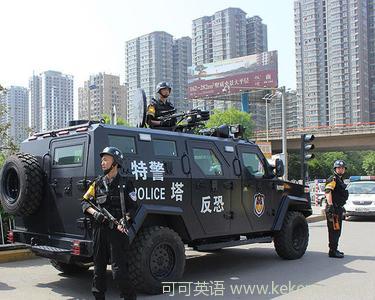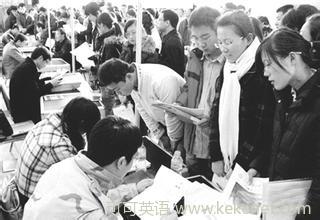Workers in second-tier cities struggle to make ends meet
最低工资致退休工人生活拮据
China does not have a national minimum wage. Instead, each province, municipality, autonomous region, and even district has its own level set by the local governments. Our reporter visited Shenyang, a second-tier city in China’s northeast, to find out how the minimum wage there is affecting people’s lives.
On any given morning here in Shenyang, you can walk to a local market and see people buying food stuffs freshly picked by farmers. Though the price is a fraction of what you’d likely find in western shops, for people living on the minimum wage, like Wang Hesheng, every budget expense must be tightly counted.
"On average, we spend about 60 yuan per day on food for the family," said Wang, a migrant worker.
And with an income of just 1,300 yuan per month, that means that Wang struggles just to feed his family.
The government has helped cover some of the other costs. After waiting several years, Wang was able to move into a two-bedroom public housing apartment, a welcome reprieve from the city’s skyrocketing property prices.
"Many of my colleagues who want to buy a place to live must come up with other solutions, like taking a second job," he said.
According to a report from the Beijing-based Economic Information Daily, 26 provincial level governments raised the minimum wage at the beginning of this year, on average by 18 percent. But a comparison of the minimum wages of given cities with the average property prices there, it’s easy to understand the demand for a further increase of the minimum wage.
But experts thinks increasing the minimum wage would mean the end of China’s "cheap labor".
"Although there are complaints about today’s minimum wage being too low, in general, you shouldn’t expect someone on minimum wage to remain in the same position all his life.
As one’s skill and experience develops, so does his income. And from a business point view, it makes perfect sense that any company will try to minimize operational costs by setting the wages low," said Liu Jianhua, director of the School of Human Resource Management at Liaoning University.
Still, Wang said his hopes for a better future include a higher minimum wage.
"I think in order to afford a decent life, considering the current costs of living, the minimum wage here should be raised to at least 2,500 yuan per month, yet we are far from that level," he said.
State policy requires that minimum wages across China be raised at least once every two years. For millions of people like Wang Hesheng, an increase in the minimum wage barely allows them to keep up with inflation. And while Wang says a few more RMB an hour helps, what he wants more than a rise in pay, is a lift in his livelihood.





















